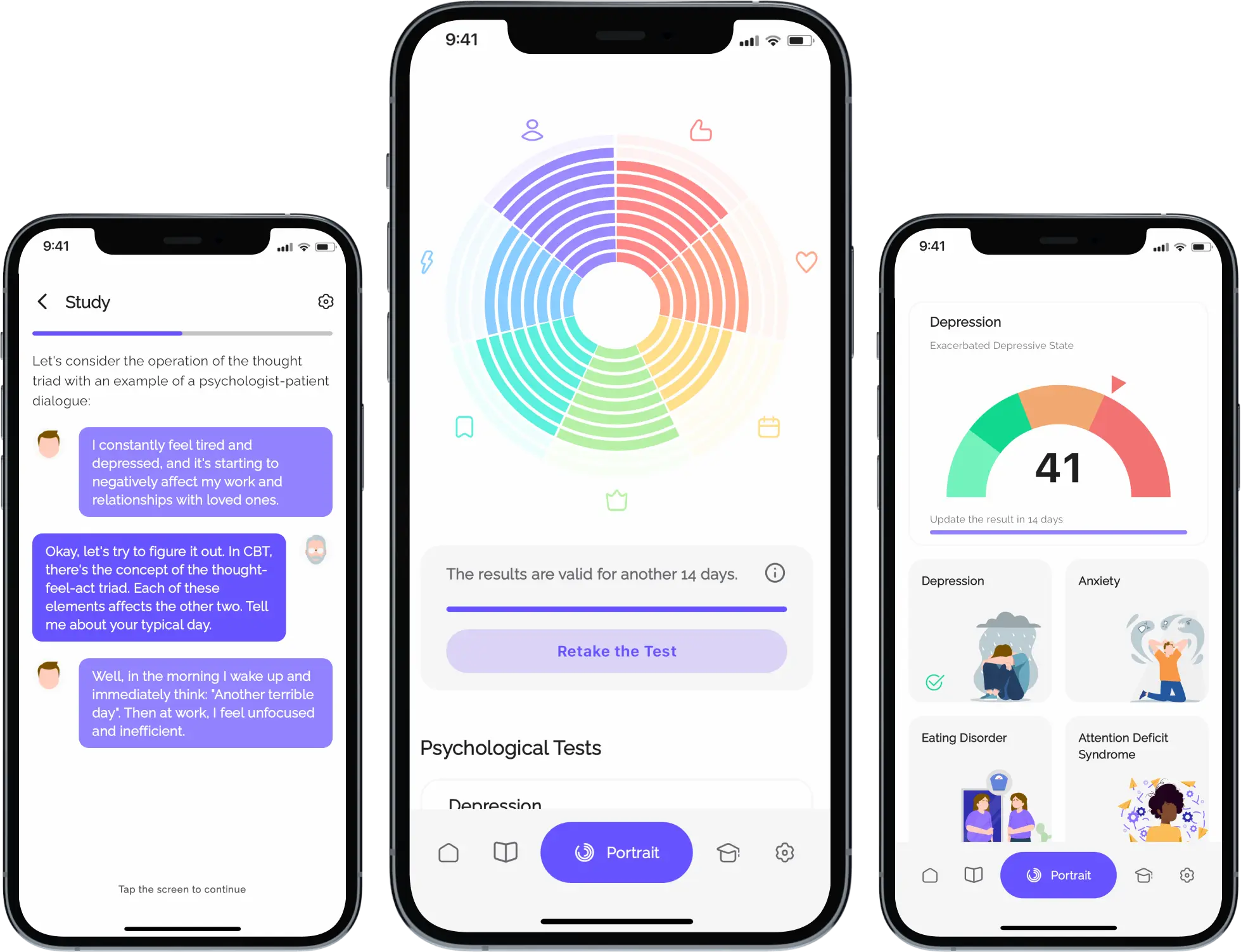
The belief that «I am a victim of circumstances» is based on the idea that external factors, such as life situation, relationships, age, finances, health, or other circumstances, limit your opportunities and prevent you from being fulfilled and happy.
Although circumstances may be unfavorable, we are fully responsible for our own lives and emotional states.
«Happiness depends not on external circumstances, but on how we perceive them». This phrase may seem overused and cliché, but it holds a deep truth that can change your understanding of happiness and how to achieve it.
The first step to stop seeing yourself as a victim and blaming the world is the realization that such thoughts are not only useless but also draining.
Write down your thoughts, emotions, and actions. This could be a journal of automatic thoughts or a more freeform type of writing.
Note the moments when you feel like a victim and record the situations and reasons for this. For example: «When my colleague got promoted and I didn’t, I felt like a victim of the system».
More content in our app
You're only seeing a portion of the content. In the app, you'll find numerous interactive articles. Additionally, there are psychological tests to track your mood dynamics, a daily planner, an automatic thought journal, and much more!

Write down the thoughts and beliefs that support this state. For example: «I believe I can't change my life», «I don’t deserve success».
Ask yourself questions to better understand your beliefs and the situations that reinforce your victim role:
Once you have identified your behavior patterns, make the decision to take responsibility for your life.
Acknowledge that you control your reactions and actions, regardless of circumstances.
Understand that you are not a victim of fate or other people, and that you have the power to change your situation.
Write a short essay expressing your acceptance of responsibility. For example:
Instead of remaining passive observers, take on an active role in your life.
Health:
Career and education:
Personal relationships and self-development:
Write down these goals and desires in a visible place and begin creating concrete action plans to achieve them.
Remember that your goals should be realistic, measurable, and achievable. Set deadlines and gradually move towards achieving them.
Replace questions that express complaints with questions that encourage action. This will help develop personal responsibility and get rid of the victim mentality.
Avoid questions that start with «why». Questions like «Why does no one love me?», «Why does no one want to work?» and «Why did this happen to me?» are unproductive as they do not lead to a solution.
These questions only reinforce the feeling that you are a victim of circumstances and don’t believe in your ability to change anything.
Use questions that start with «what» and «how». Such questions encourage action and foster proactive thinking.
The question «Why is this happening to me?» doesn’t require an answer and is more like a complaint.
The question «Why did this happen?» helps to understand the causes and find ways to improve.
Rhetorical questions, which don’t expect an answer, can reinforce the victim mentality.
Try to avoid them and focus on questions that encourage seeking solutions and taking responsibility for your life.
Moving out of the victim mentality is a process that requires time and effort.
It is impossible to change your thinking and behavior patterns instantly.
Be patient and mindful to recognize situations where victimhood arises.
When you develop patience, you create the ability to respond to situations more consciously and choose constructive behavior patterns.
Remember that change requires time and practice.
Be kind to yourself, keep making efforts, and over time you will be able to overcome the victim mentality and take responsibility for your life.
Happiness is not something ready made. It comes from your own actions.
Dalai Lama








